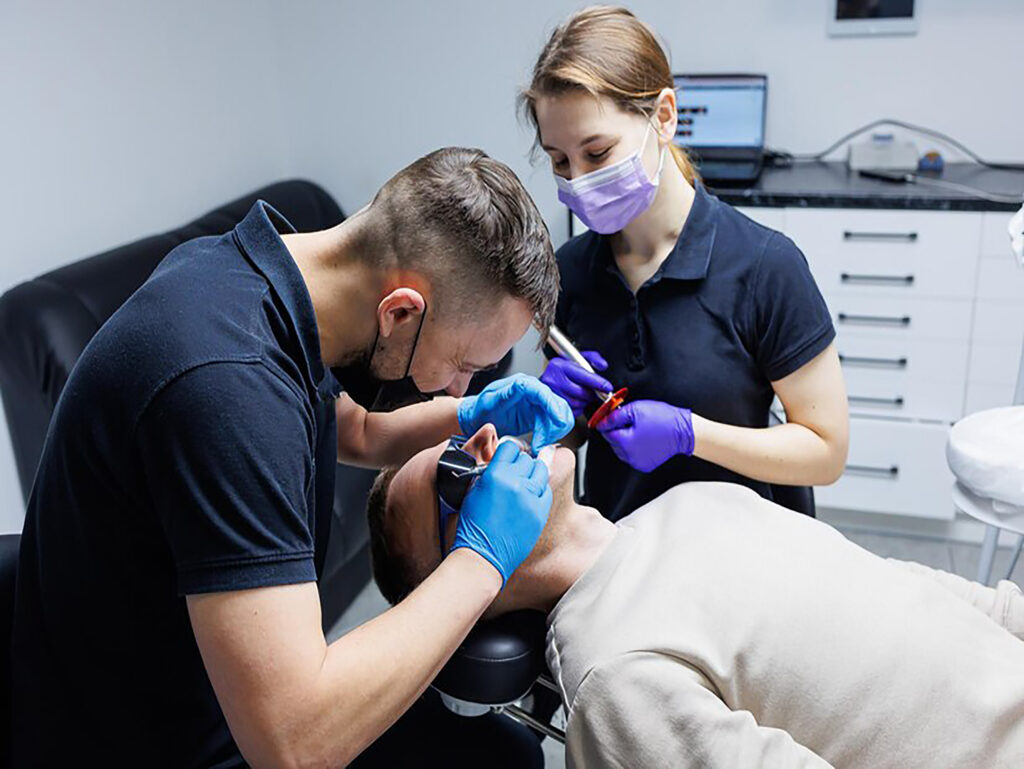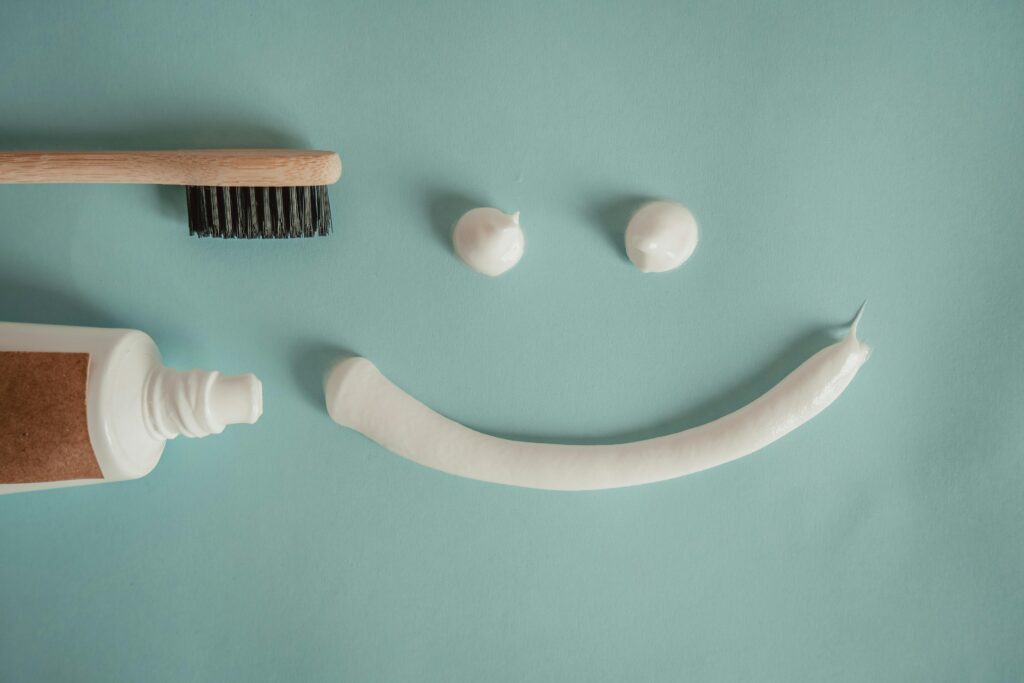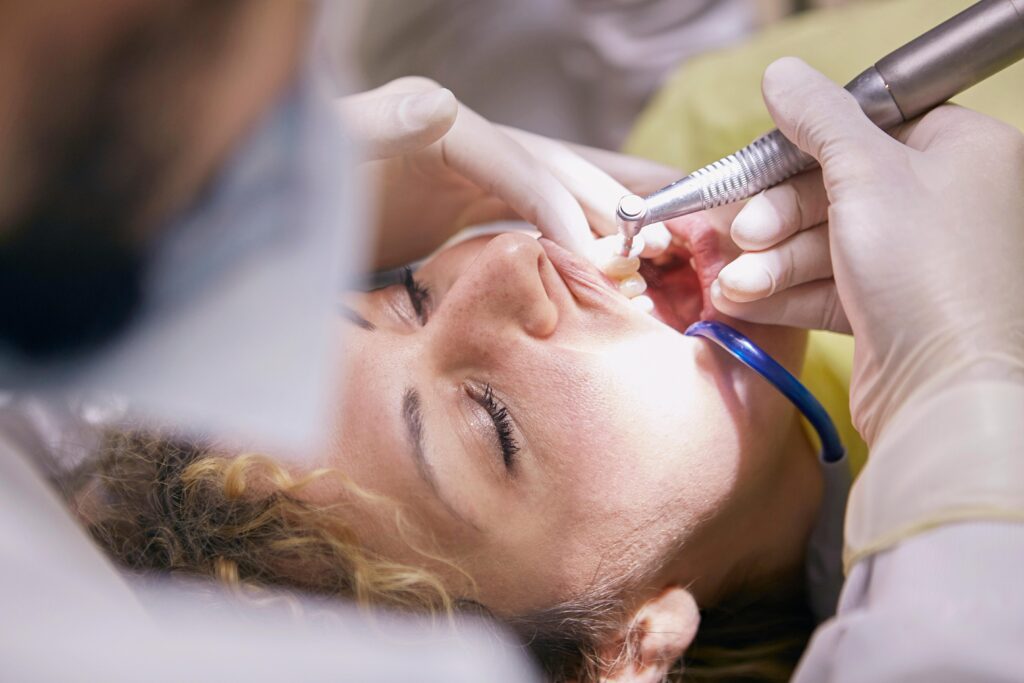Cavity Prevention
The most effective ways to prevent cavities include maintaining a thorough oral hygiene routine, brushing twice a day with fluoride toothpaste, flossing daily, and reducing sugary food and drink intake. Regular dental checkups also play a crucial role in cavity prevention.
How often should I visit the dentist for cavity prevention treatments?
It’s recommended to visit the dentist every six months for routine check-ups and cleanings. However, if you are at higher risk for cavities, your dentist may suggest more frequent visits to catch any issues early.

What role does fluoride play in preventing cavities, and is it safe?
Fluoride helps strengthen tooth enamel and make it more resistant to decay. It’s safe when used as directed in toothpaste and professional treatments. Fluoride is a key component in cavity prevention and is regularly used in dental practices.

Are there specific foods or drinks I should avoid to prevent cavities?
Yes, sugary and acidic foods and drinks, such as soda, candies, and citrus fruits, can contribute to cavities. They encourage the growth of bacteria in your mouth that produce acid, which weakens tooth enamel.
Can dental sealants help protect my teeth from cavities?
Yes, dental sealants are highly effective in preventing cavities, especially on the back molars. They provide a protective coating on the chewing surfaces of your teeth, making it harder for food particles and bacteria to settle in the grooves.
How do I know if I’m at a higher risk for developing cavities?
Factors like poor oral hygiene, frequent sugary snacks, dry mouth, and certain medical conditions (like diabetes) can increase your risk for cavities. Your dentist can help assess your risk and provide personalized advice for cavity prevention.
What type of toothpaste and mouthwash is best for cavity prevention?
A fluoride toothpaste and an antibacterial mouthwash are ideal for cavity prevention. Look for a mouthwash with fluoride to help strengthen enamel and one that targets bacteria responsible for plaque buildup.

Are regular professional cleanings necessary for cavity prevention?
Yes, professional cleanings are crucial. Even with great home care, plaque and tartar can build up in places that are hard to reach. A professional cleaning ensures your teeth remain free of harmful buildup that can lead to cavities.

Can lifestyle habits, like drinking water or chewing sugar-free gum, help prevent cavities?
Yes, drinking plenty of water helps rinse away food particles and bacteria, keeping your mouth clean. Chewing sugar-free gum stimulates saliva production, which helps neutralize acids and repair tooth enamel.
Is it possible to reverse early-stage cavities without a filling?
Yes, early-stage cavities, also known as white spot lesions, can sometimes be reversed through fluoride treatments and improved oral care. These measures help remineralize enamel before the cavity progresses to a point where a filling is needed.
